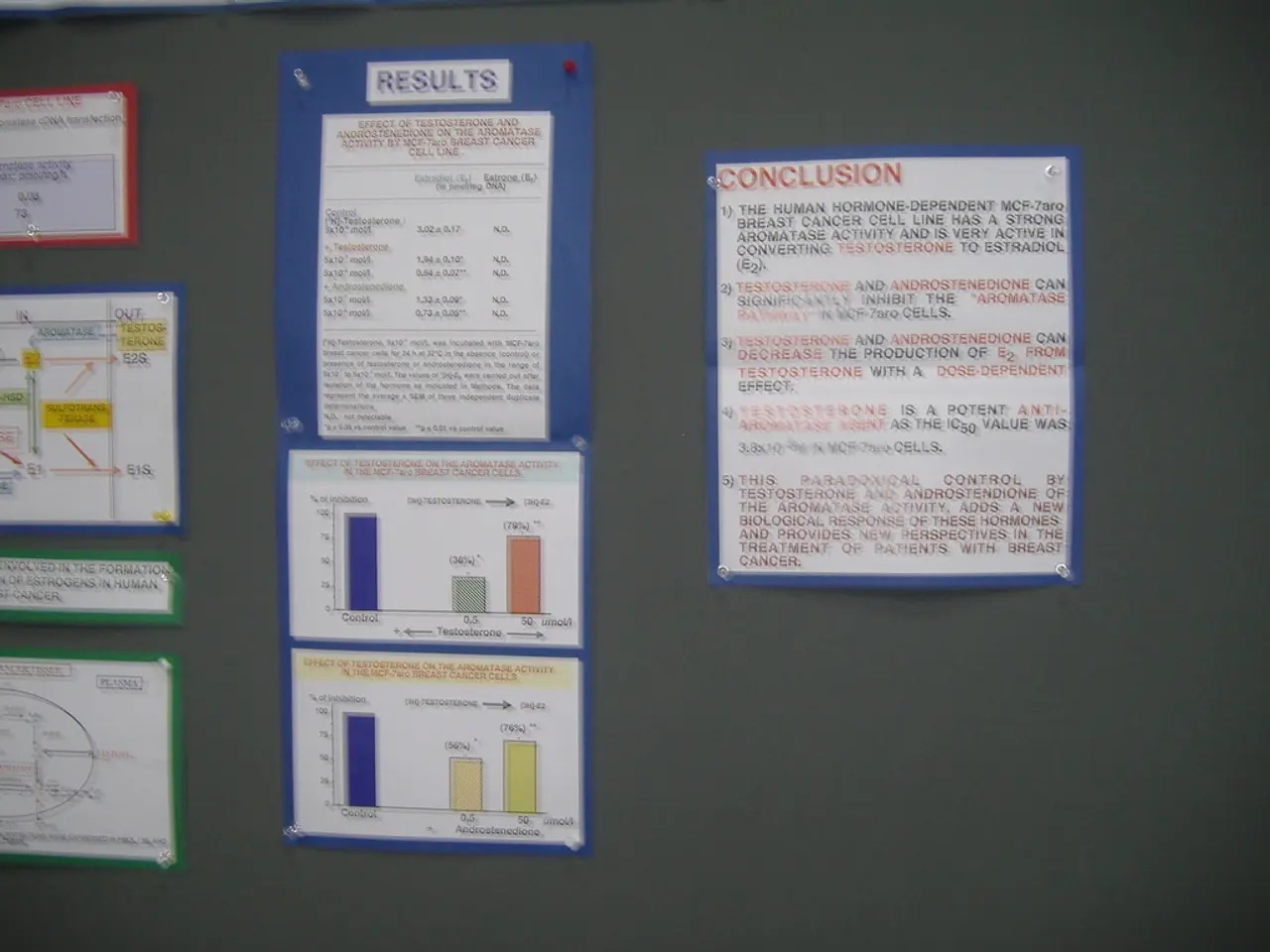Cambodia Allegedly Breaks Freshly Agreed Ceasefire in Tenuous Border Peace Treaty, Accusation Levied by Thailand
The fragile ceasefire between Thailand and Cambodia, which came into effect on July 28, 2025, is currently being tested with reported violations and detainees not yet released. High-level talks, including ASEAN-led negotiations, brokered the ceasefire agreement after intense border clashes that displaced over 300,000 people and resulted in at least 38 casualties, mostly civilians.
Continued military-level negotiations, including meetings on August 4 under ASEAN guidance, aim to cement cooperation and trust. Thai and Cambodian officials are scheduled to hold further military and security-level talks, including a Joint Boundary Commission meeting planned for August 4, 2025. Top Thai officials, including the National Security Council, have planned to review security conditions before allowing displaced civilians to return, showing ongoing engagement at the operational level to monitor and potentially stabilize the ceasefire.
Despite these efforts, the ceasefire's durability depends heavily on upcoming negotiations at the military level and diplomatic engagement. The former Thai national security official warned that because both sides remain stationed in forward positions and Cambodia intensified military activity just before the ceasefire took effect, even minor breaches could easily destabilize the peace.
Within hours of the ceasefire's start, Thailand's army alleged that Cambodian troops launched attacks in at least five locations along the disputed border. Cambodia's Defence Ministry denied the claims, stating that its troops have fully honored the ceasefire with no incidents since it began. Planned meetings for formalizing the truce and coordinating implementation have been postponed, raising concerns about the commitment to the agreement.
Emotions remain fragile, and confidence in lasting peace is tentative. Analysts caution the peace is precarious and emphasize the need for safe access and civilian protection. Humanitarian groups are urging both sides to ensure the return of displaced people and to prioritize the welfare of civilians in any future negotiations.
The ceasefire was preceded by five days of intense border fighting, the deadliest clash in over a decade. The ceasefire agreement outlined that military leaders from both sides would meet early Tuesday morning to formalize the truce and coordinate implementation. However, these meetings have been postponed, and international observers from the U.S., China, and Malaysia may be deployed to monitor compliance with the ceasefire.
Despite the challenges, displaced residents in the Thai border town of Sisaket are cautiously returning to resume daily life. Both sides pledged to maintain the truce by halting troop movements and facilitating the return of wounded and deceased individuals. The ceasefire was preceded by intense pressure from the United States and other international actors, with former U.S. President Donald Trump linking the border conflict with trade negotiations, warning of possible 36% tariffs on exports from both countries unless hostilities ceased by August.
As the two nations navigate this fragile peace, the focus remains on ongoing military-level talks and diplomatic engagement to ensure a durable and lasting arrangement.
- Despite the international pressure, including the threat of trade sanctions from the United States, the ceasefire between Thailand and Cambodia remains tenuous due to ongoing military activities and diplomatic tension.
- China, as a key player in the region, could play a significant role in fostering peace through diplomatic engagement and encouraging both countries to adhere to the terms of the ceasefire, thereby helping to minimize the risk of war-and-conflicts.
- In addition to military-level negotiations, it is crucial for both ASEAN member states and other global powers, such as the US and China, to engage in general-news discussions about the importance of respecting regional stability, prioritizing peaceful resolution of disputes, and safeguarding civilian welfare, all in an effort to promote long-lasting political stability in the region.







